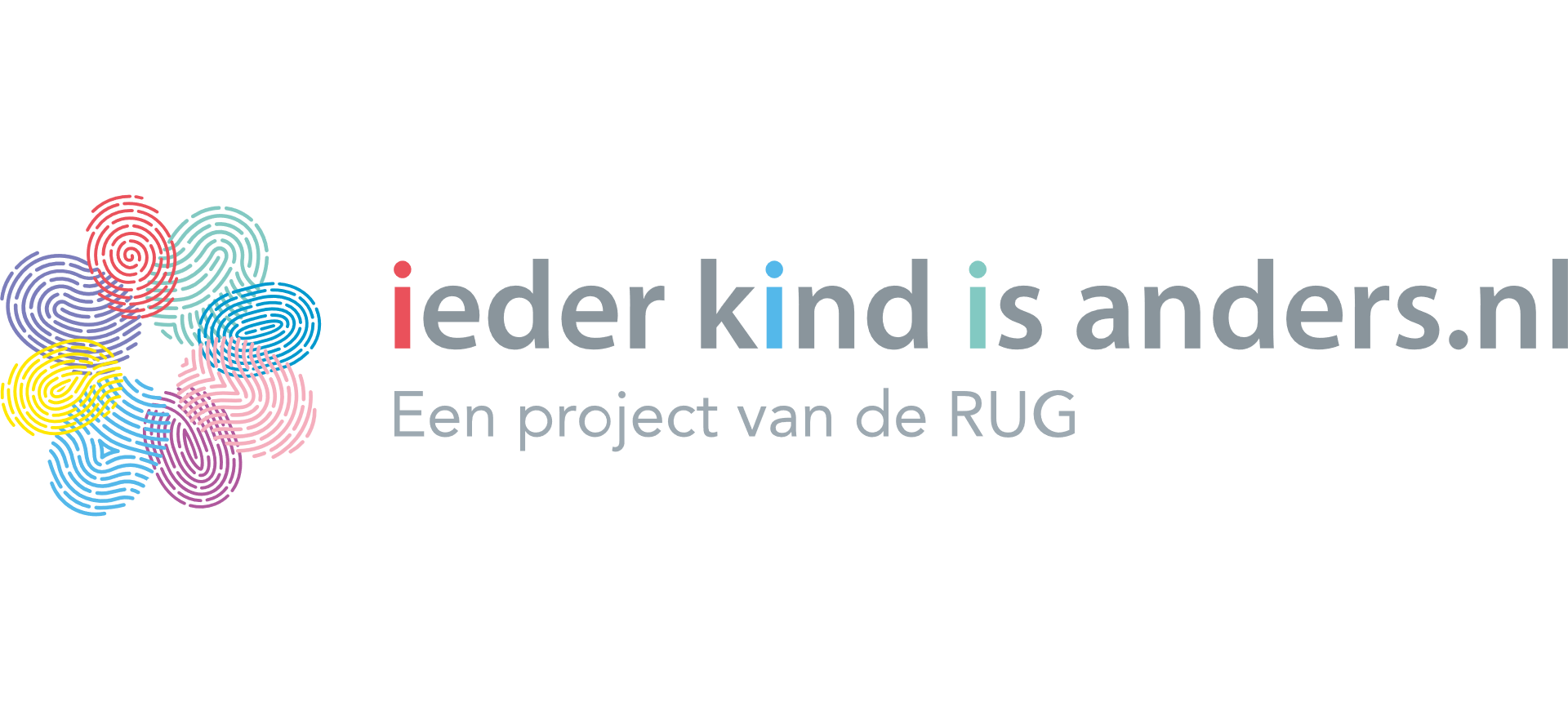Groot onderzoek naar geluksgevoel Nederlandse kinderen en jongeren

Nederlandse kinderen zijn de gelukkigste van de wereld volgens UNICEF. Tegelijkertijd kampt een groot deel van de Nederlandse jeugd met psychische klachten: Ruim 1 op de 3 jongeren heeft last van angst, somberheid, prikkelbaarheid of stress. Deze aantallen nemen de laatste jaren alleen maar toe. De huidige maatregelen rond het coronavirus, zoals het lange thuisblijven en thuisonderwijs, zijn hiernaast voor veel jongeren en hun ouders nog een extra uitdaging. Op het eerste gezicht lijken geluk en psychische klachten onverenigbaar. Maar is dat ook echt zo? Deze vraag staat centraal in het onderzoeksproject Ieder Kind is Anders van de Rijksuniversiteit Groningen dat eind april van start is gegaan.
"In Ieder Kind Is Anders onderzoeken we het verband tussen geluk en klachten onder Nederlandse jongeren tussen de 4 en 18 jaar," vertelt onderzoeksleider Anne Margit Reitsema. "We willen weten wat kinderen en jongeren gelukkig maakt, welke rol emoties en stress hierin spelen, en wat de invloed is van opvoeding.' Uniek is dat zowel ouders als kinderen worden betrokken in het onderzoek. Reitsema: 'We weten dat kinderen en hun ouders vaak verschillend denken over geluk en klachten, maar we weten nog niet goed waar deze verschillen vandaan komen. Met dit onderzoek hopen we hier meer over te leren."
Deelnemers krijgen inzicht in hun eigen krachten en klachten
In het project volgen de Groningse onderzoekers over langere tijd kinderen, jongeren én hun ouders. Dit gebeurt via diverse online vragenlijsten en een dagboekstudie. Deelnemers krijgen direct resultaten te zien op basis van hun antwoorden. Zo leren deelnemers over zichzelf, hun kind, en hoe het zit met andere jongeren en ouders in Nederland. Reitsema: "Veel mensen vragen zich af of wat zij voelen, denken of doen 'normaal' is. Door deelnemers inzicht te geven in hun resultaten willen we laten zien dat variatie de norm is. Oftewel: iedereen is anders."
Aanmelden
Jongeren tussen 8 en 18 jaar kunnen meedoen aan het onderzoek, tot 16 jaar met toestemming van een ouder. Ouders met een kind tussen de 4 en 18 jaar kunnen meedoen aan het onderzoek (ook als hun kind niet meedoet).
Ieder Kind is Anders is een vervolg op het onderzoeksproject Hoe Gek is NL? en een initiatief van de afdeling Ontwikkelingspsychologie van de Rijksuniversiteit Groningen. Het wordt geleid door Anne Margit Reitsema, in samenwerking met dr. Bertus Jeronimus, dr. Ando Emerencia, dr. Vera Heininga, dr. Marijn van Dijk en prof.dr. Peter de Jonge.
Aanmelden kan via www.iederkindisanders.nl

| Laatst gewijzigd: | 24 maart 2022 08:40 |
Meer nieuws
-
09 april 2024
Kirsten van den Bosch: ‘Studenten verbinden met de praktijk is echt in elke opleiding haalbaar’
Dr. Kirsten van den Bosch en haar team wonnen de Best Practice Award 2024 met hun initiatief om studenten te verbinden met organisaties om echte problemen op te lossen binnen Academic Learning Communities.
-
03 april 2024
Onderzoek: veel stress bij Groningers vanwege de gaswinningsproblematiek, ook onder ouderen
De gaswinningsproblematiek heeft nog altijd veel effect op mensen in Groningen. Uit vragenlijstonderzoek blijkt dat mensen die meerdere keren schade aan hun woning hadden, een steeds slechtere gezondheid hebben. Daarnaast laten interviews met...
-
05 maart 2024
'Ook grijze muizen kunnen creatief zijn'
Organisatiepsycholoog Eric Rietzschel onderzoekt creativiteit op de werkvloer. Volgens hem helpt creativiteit ons om verder te komen, maar is er ook een negatieve kant.
